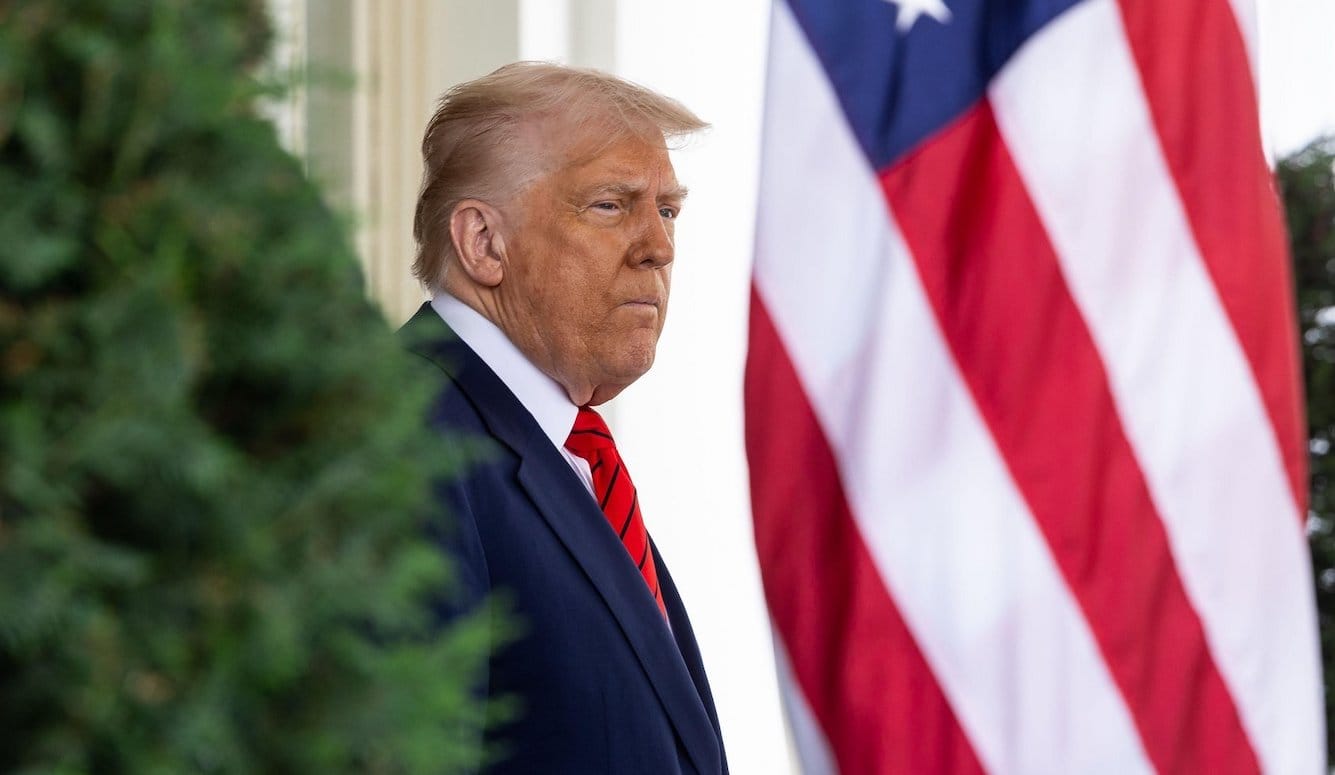Politics
One Hundred Days of Ineptitude
Even those of us who sounded alarms before the November election underestimated just how unhinged the second Trump presidency would turn out to be.

The dizzying rollercoaster ride of Trump’s first hundred days has, in many ways, justified and even exceeded the worst fears of those Trump opponents often accused of suffering from “Trump Derangement Syndrome.” His bumbling tariff wars have cratered the markets, probably damaged the international supply chain, and may yet trigger a global recession. His deportation policies quickly crossed the line dividing toughness from conspicuous cruelty. His blundering lurches into foreign policy have brought American alliances to breaking point. He has filled his administration with a rogues’ gallery of cranks and sycophants. And he has governed in a starkly authoritarian manner—defying a Supreme Court order (so far, by means of evasion and equivocation), deploying his associates to attack the judiciary, and using executive orders and the Justice Department to move against perceived enemies, including those whose only offence was to challenge his unambiguously false claims about the “stolen” 2020 election.
Many commentators warned their readers that Trump’s second term would be nothing like his first. Since he believes that his populist agenda was thwarted by disloyal and insubordinate staffers the first time around, he was always likely to surround himself with a cadre of loyalist courtiers this time. He would also have a much more obedient Republican Party in his corner, largely purged of Trump critics. Thus empowered, and further radicalised against the “deep state” establishment he blames for his perceived persecution, he would be even more willing than before to trample conventional norms.
But even those who sounded these alarms underestimated just how unhinged the second Trump presidency would turn out to be. Nobody predicted executive orders targeting law firms that have displeased Trump and stripping his political opponents of their security clearances. No-one foresaw his attempts to strong-arm the media into compliance by abusing federal broadcasting regulators and bringing legally meritless but burdensome lawsuits. Nobody warned that he would deport migrants accused of crimes to serve indefinite sentences in a notoriously brutal prison in El Salvador, or that he would threaten to ship American criminals to the same place. No-one anticipated a blanket pardon (with a few sentence commutations) for all defendants in the 6 January 2021 Capitol Hill riot, or the naked corruption of the $TRUMP crypto-coin self-enrichment scam, or the bluster about annexing Canada and Greenland and standing for a third term in 2028.





